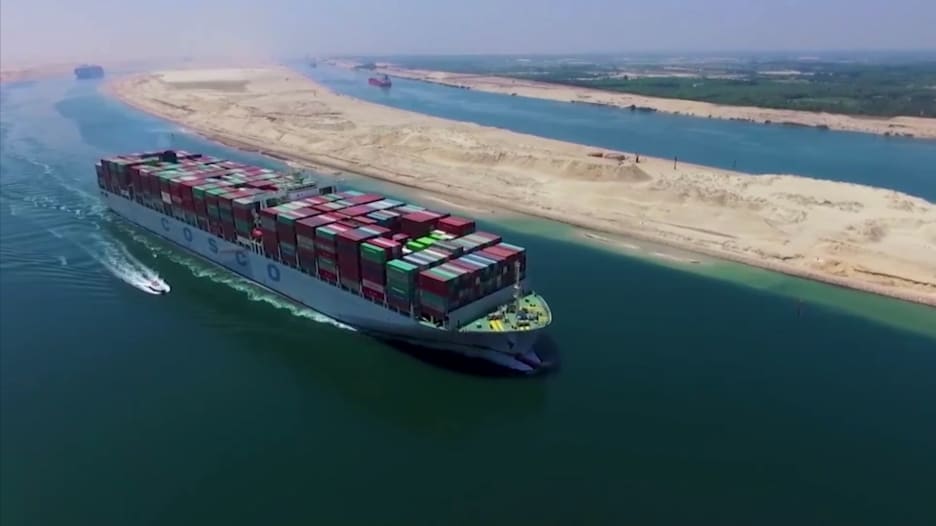
-
Published: 17 September 2022

Starting January 1, 2023, Osama Rabi, head of the Suez Canal Authority, announced that Egypt had decided to increase transit fees for all types of vessels, citing the
possibility of adjusting fees according to variables, stressing that higher energy prices were one of the reasons behind the decision. And that the fee increase will be on all ships by 15%, on dry casting ships and cruise ships by 10%
Rabi emphasized the Authority's desire to implement a balanced and flexible pricing and marketing strategy that will achieve the shared interests of the Authority and its customers, and take into account global economic conditions and its various variables through clear mechanisms, including the estimation of transit fees based on the availability of the Channel for vessels in transit.
He noted that this is done in conjunction with the nautical publications issued and renewed by the Authority according to the real-time variables of each category of vessel in transit, which allows adjustments to transit fees and thus effective intervention in the event of a change in the conditions of the nautical market in order to provide navigational services to cross the Channel according to a model policy that ensures that the Channel's leadership is maintained and makes it the best, fastest and shortest choice for customers compared to other competitive methods.
The head of the Suez Canal Authority explained that the decision was motivated by several reasons, including:
The daily leasing categories of most types of ships continue to rise to unprecedented levels and prospects for their continuation over the next year.
Rental values for crude oil tankers are 88% higher than the 2021 average.
LNG tanker leasing values are also up 11% from the 2021 average.
Global inflation is up to 8 percent.
The rise in global oil prices has shown that the Suez Canal offers a lot compared to alternative routes.
Rabi added that the determination of vessels' transit fees through the Suez Canal depends on several factors, most notably average prices "Shipping Noalin" for different categories of ships, pointing out in this regard what I have recorded The "Two Shipping Nights" of recent and successive increases, especially those related to container vessels, compared to before the coronavirus pandemic crisis, and reflected the expectations of high operational profits on shipping lines during 2023, as the global supply chain turmoil crisis and global port overcrowding continue to affect and secure long-term shipping contracts at high levels.
The head of the Authority noted the impact of higher energy prices on the levy equation where the continued rise in crude petroleum prices above the $90 per barrel level, and higher average LNG prices above the $30/million thermal unit level, increase the average price of ship fuel and thus increase the savings achieved by the Suez Canal compared to other alternative routes.
The Panel revealed the necessity of increasing vessel transit fees as current global inflation rates rise above 8%, resulting in increased operating and maintenance costs and the delivery of the Channel's navigational services.
The Head of the Authority stressed that Suez Canal Authority adopts several mechanisms to ensure that its pricing policies keep pace with the variables of the maritime transport market and make the canal route more attractive and less expensive compared to competitive methods Through the issuance of navigational leaflets that allow for adjustments in fee policies in the event of changing navigational market conditions by providing incentives to vessels operating on routes for which the channel does not achieve proportionate availability of fees by granting discounts of up to 75% of normal transit fees for specified periods according to market requirements.
He noted the reductions granted by the Standing Committee for Long Lines (Journey) which amount to up to 74% of fees according to the navigational market conditions at the time of submission of the customer's request for reduction, for vessels operating on routes for which the channel does not achieve proportionate availability of fees.
